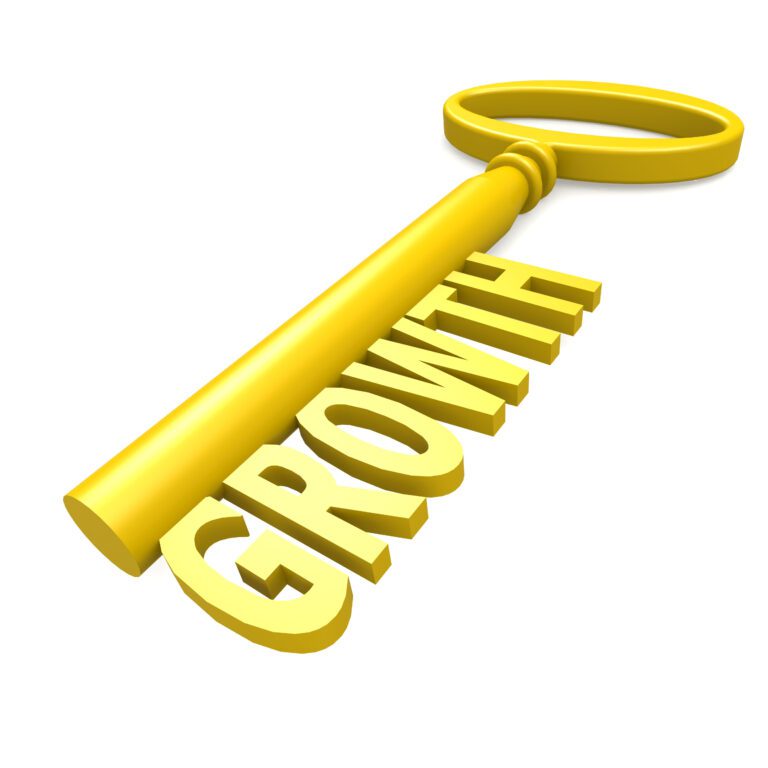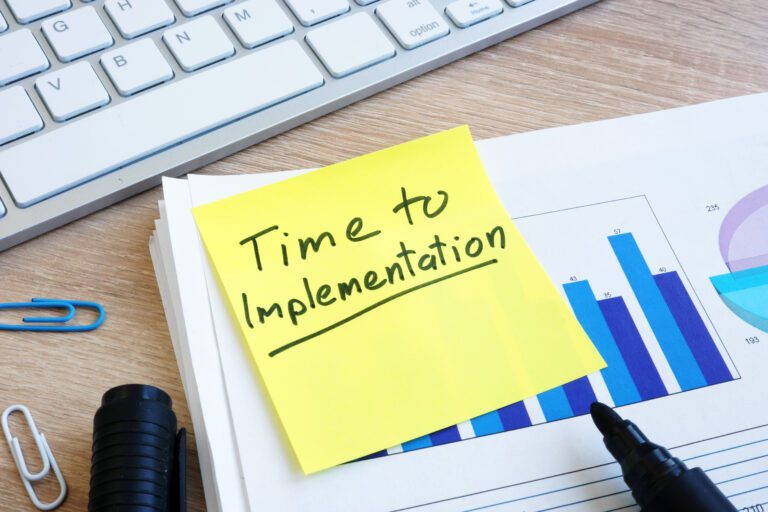5 Proven Strategies to Boost Your Home Equity
5 Proven Strategies to Boost Your Home Equity


Table of Contents
Introduction
In today’s market of low inventory and high demand, home equity is growing in almost every market in the US. In fact, it is growing so much that owners are seeing equity in amounts that they could never save on their own or earn through employment. That equity could mean later retirement, cash, or even the option of trading up to a more luxurious property.
However, even if your current home falls short of possessing sufficient equity to facilitate a comfortable trade-up, all hope is not lost. There exist various strategic avenues through which you can bolster your equity position, fortifying your financial foundation and inching closer toward your dream of trading up to a new home. From proactive financial management to strategic property enhancements, these strategies offer a roadmap for optimizing your home equity and realizing your housing aspirations.


Accelerated Mortgage Payments
One effective strategy for boosting home equity is to make accelerated mortgage payments. By making additional principal payments on your mortgage, you can expedite the reduction of your loan balance and accelerate the accumulation of equity in your home. Consider allocating surplus funds, such as bonuses, tax refunds, or windfalls, toward paying down your mortgage principal. Even modest additional payments made consistently over time can yield substantial long-term benefits, reducing your mortgage term and accruing significant equity savings.


Home Value Enhancement
Another avenue for enhancing home equity lies in strategically enhancing your property’s value through renovations or improvements. Identify areas of your home that have the potential for improvement or enhancement, such as kitchens, bathrooms, or outdoor living spaces, and invest in targeted upgrades that yield a favorable return on investment. Focus on renovations that enhance both the aesthetic appeal and functionality of your home, thereby maximizing its market value and equity potential. Consult with real estate professionals or remodeling experts to identify high-impact projects that align with your budget and goals.


Market Appreciation
While market appreciation is beyond your direct control, it can significantly impact your home equity position over time. Monitor local market trends and economic indicators to gauge the trajectory of property values in your area. In periods of market appreciation, your home’s value may increase organically, bolstering your equity reserves without any additional effort on your part. Stay informed about factors influencing property values, such as demographic shifts, economic growth, and infrastructure developments, to capitalize on opportunities for equity growth in your market.


Debt Management
Managing debt responsibly is paramount to preserving and enhancing home equity. Avoid taking on additional debt secured by your home, such as home equity loans or lines of credit, which can erode your equity position and jeopardize your financial stability. Prioritize debt repayment and aim to reduce high-interest debts, such as credit card balances or personal loans, to free up resources for building equity in your home. By maintaining a disciplined approach to debt management, you can safeguard your equity position and position yourself favorably for future opportunities.


Long-Term Ownership
Finally, one of the most effective strategies for building home equity is simply to maintain long-term ownership of your property. Historically, real estate has demonstrated a tendency to appreciate in value over time, albeit with fluctuations and market cycles. By remaining invested in your home for an extended period, you can benefit from the compounding effect of property appreciation and mortgage principal reduction, steadily accruing equity with each passing year. Embrace homeownership as a long-term investment strategy, and commit to nurturing and enhancing your property over time to maximize its equity-building potential.


Implementing Equity Boosting Strategies
By implementing these strategic approaches to home equity enhancement, you can position yourself for success in trading up to a new home. Whether through accelerated mortgage payments, value-enhancing renovations, market appreciation, debt management, or long-term ownership, each strategy offers a pathway toward realizing your housing aspirations and achieving financial security. Embark on this journey with confidence, knowing that you have the tools and resources necessary to bolster your equity position and unlock the door to your next chapter of homeownership.
FAQ Section
If your current home lacks sufficient equity for a trade-up, don’t despair. There are several options to consider. You could delay your move until your home accumulates more equity through mortgage payments and market appreciation. Alternatively, you might explore ways to boost your home’s value through strategic renovations or improvements. Additionally, saving more for a larger down payment can help bridge the gap between your current equity and the equity needed for your desired trade-up.
Assessing your affordability for a luxury property involves conducting a comprehensive evaluation of your financial situation, lifestyle preferences, and long-term goals. Begin by calculating your total income, assets, and liabilities to determine your financial capacity. Consider the ongoing expenses associated with luxury property ownership, including mortgage payments, property taxes, maintenance costs, and insurance premiums. Consult with financial advisors and real estate professionals to gain insights into market trends, financing options, and affordability thresholds. Ultimately, the decision to purchase a luxury property should align with your financial means, lifestyle aspirations, and risk tolerance.
Yes, you can leverage the equity in your current home to finance the down payment for your new home. This can be done through various means, such as a home equity loan or a cash-out refinance. However, it’s essential to consider the implications of tapping into your home equity, including potential fees, interest rates, and repayment terms. Consult with a financial advisor or mortgage lender to explore the best options based on your individual circumstances.
The time required to build enough equity depends on several factors, including your mortgage terms, property value appreciation rates, and any additional payments made towards your mortgage principal. Generally, it takes several years of consistent mortgage payments and/or home value appreciation to accumulate sufficient equity for a trade-up. However, there is no one-size-fits-all answer, as individual circumstances vary. Monitoring your equity position regularly and exploring opportunities to accelerate equity growth can expedite the process.
While trading up with existing home equity can be a viable option, it’s essential to consider potential risks and pitfalls. Market fluctuations, unexpected expenses, and changes in personal financial circumstances can all impact your trade-up plans. Conduct thorough research, assess your financial readiness, and consider consulting with real estate professionals and financial advisors to mitigate risks and ensure a successful trade-up. Additionally, explore contingency plans and alternative options to safeguard against unforeseen challenges along the way.
Fractional Ownership: Maximizing Opportunities in the Real Estate Market
Fractional ownership can often be a great option for purchasing and selling luxury property. All of
Could I ‘Trade Up’ to a Luxury Home?
Can you afford to 'trade up' to a luxury property? How to know if you have enough equity in your cur
How to Know if You Can Afford a Luxury Property
Can you afford a luxury property? With the equity in your current home and many financing options, i












